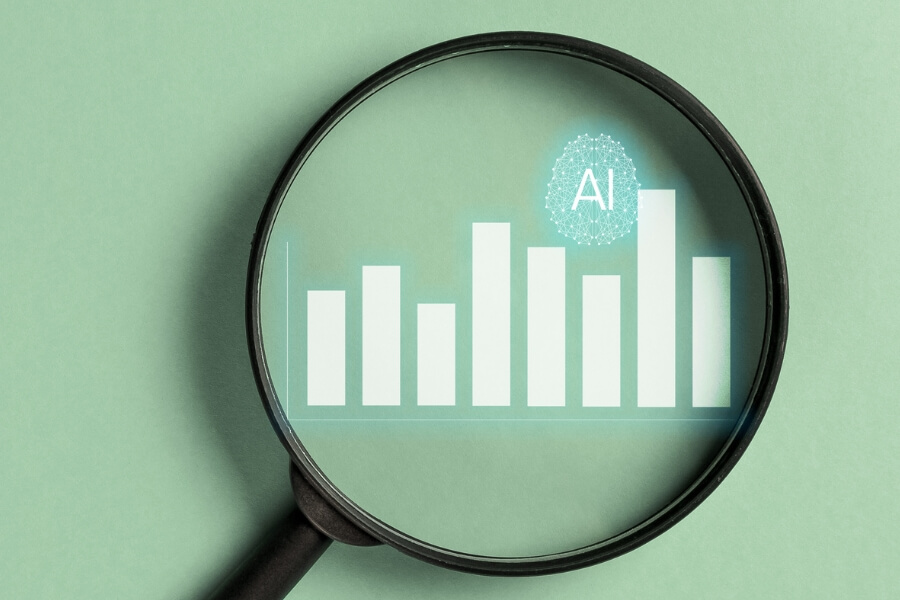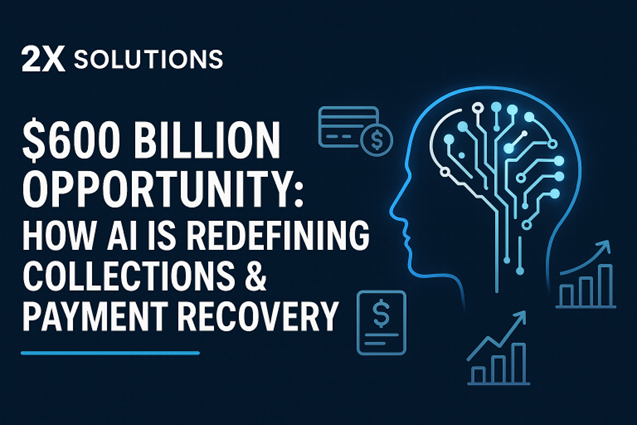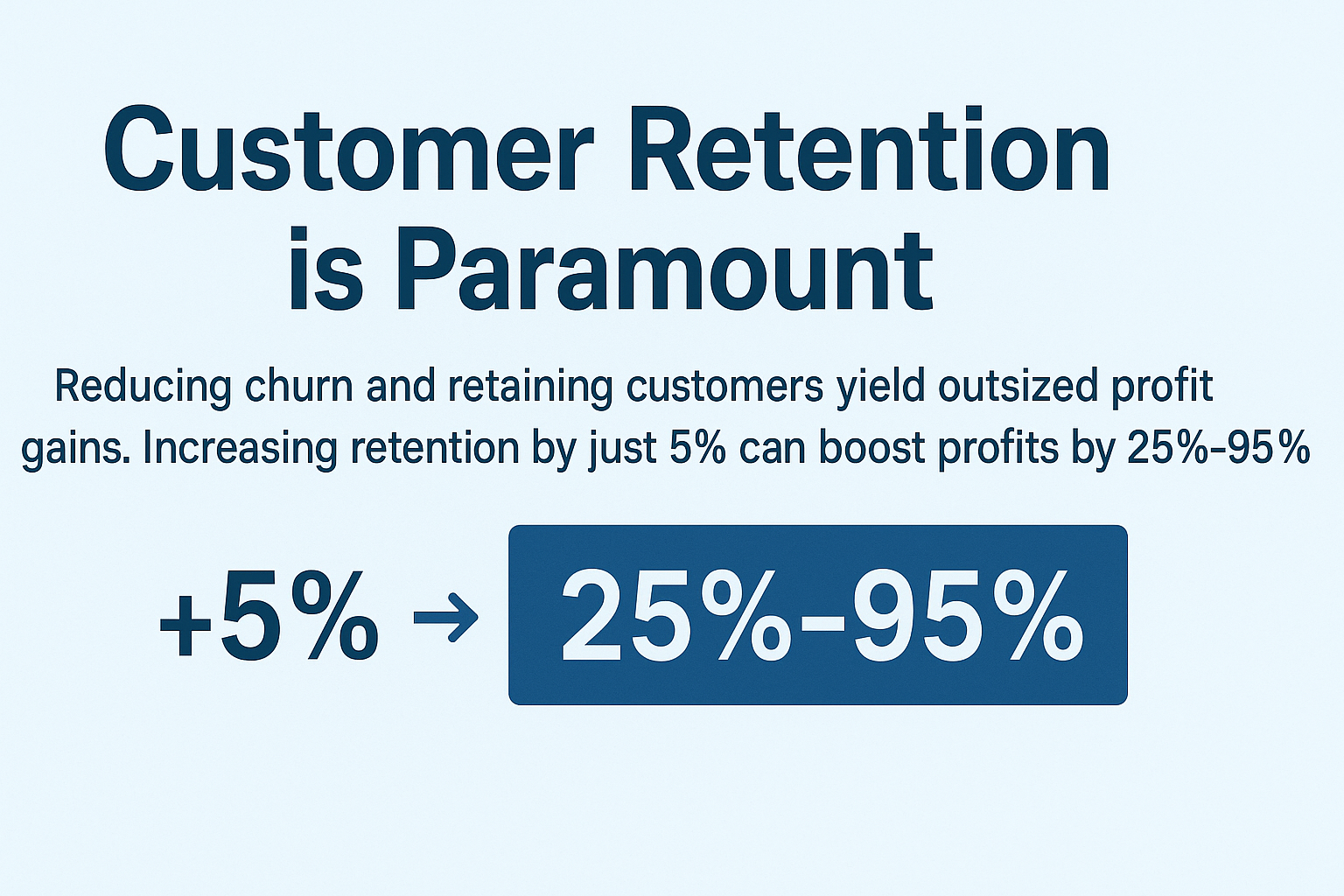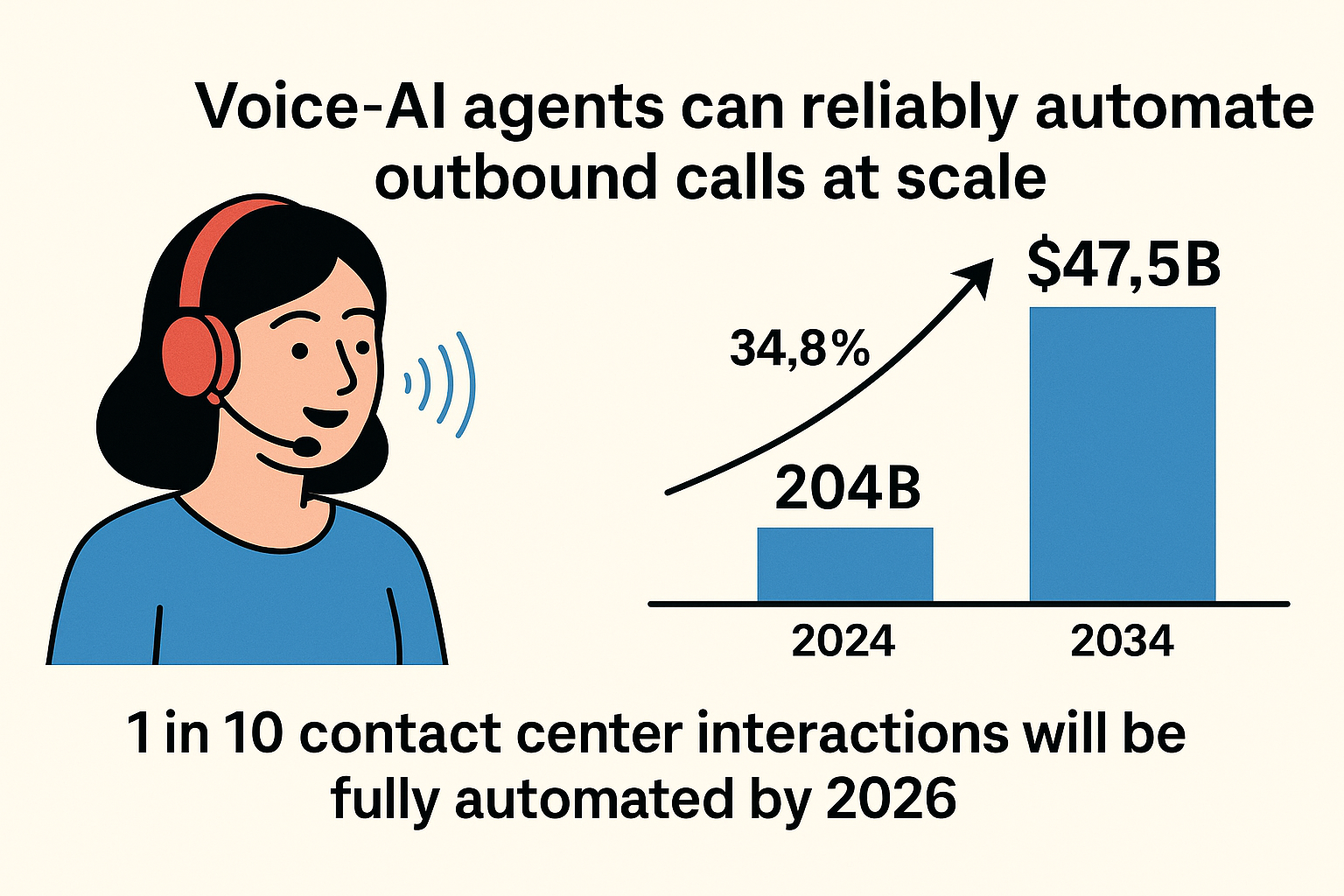With the rise of AI, many still view this technology as a basic tool. They think it can perform a few tasks and automate some processes, but that it’s otherwise limited. Many companies fail to ask how AI analytics can enhance decision-making in mid-sized companies, for example.
However, this is a huge oversight. By failing to acknowledge the decision-making benefits of AI, companies are leaving massive benefits on the table.
In AI systems, data and analytics come together with advanced algorithms. The result is more informed and data-driven decisions. When companies use it properly, it will enhance their decision-making process and possibly lead to greater success.
Understanding AI Analytics
In order to understand how AI analytics can enhance decision-making in mid-sized companies, it is important to understand how AI analytics work.
The process of powering AI analytics starts with data. These AI systems need to take in large quantities of data. From there, they begin the analysis.
During this process, the system looks for patterns that would otherwise go unrecognized. In doing so, it can examine current trends, build predictive models, provide real-time data analysis, and more.
How the system displays the analysis depends on the individual program. Some systems provide charts and visuals that users can examine in order to make decisions. These often seamlessly integrate into already existing programs, like Microsoft Excel.
Other AI systems provide direct suggestions. How detailed these suggestions are depends on the complexity of the AI system.
Leveraging AI Analytics for Business Insights

So, AI is capable of looking over data in entirely new ways. Does this answer the question of how AI analytics can enhance decision-making in mid-sized companies? Yes, it does.
For example, imagine an AI system that aims to overview the successes and failures of interactions between salespeople and customers. When looking at the data, the average person may notice that certain salespeople do particularly well and that certain customers are particularly valuable.
However, an AI system will notice more. It may find that some customers are only valuable when paired with certain salespeople. It may even find that certain customers are only valuable at certain times of the year.
The company can then use this information to make decisions going forward. They may change the pairings between salespeople and customers or which customers they focus on at certain points of the year.
All of this is just one example of how AI can derive business insights and change the way businesses work. Other possibilities include using AI analytics to:
- Conduct market research
- Examine reactions to a change in marketing campaigns
- Go over customer feedback
- Compare business operations to competitors
- Suggest changes to the way a company allocates resources
These examples are just the start of a long list of ways companies are using AI. Medical companies are using AI to evaluate the best way to work with patients, and debt collection companies are using AI to check the likelihood that people will pay back their loans. It is likely that the number of examples will only increase with time.
Predictive Modeling and Forecasting
While AI offers business insights relating to current operations, it can also extend beyond the present. By projecting current data into the future, these systems can build predictive models to forecast what will happen later.
For example, when it has a large quantity of sales data, an AI model can gain an in-depth understanding of how a company’s sales work. It understands current and past trends and uses this information to predict where things will go in the future.
By looking at the future in this way, AI can give companies a heads-up about what will likely happen. If it looks like sales will slow down, the company may choose to cut spending and prepare for lean times. If it looks like sales will speed up, the company may hire additional staff to take advantage of the situation.
While this example specifically looks at sales, it is not the only category where AI is helpful. When used properly, AI-powered systems are also capable of predicting:
- Financial shifts
- Changes in consumer interest
- New sales trends
- Market trends
In all of these cases, the AI system is helping to predict future changes. Companies can use the information to inform their decision-making. They may make different risk management choices based on what the AI indicates.
Real-Time Data Analysis
So far, the examples of how AI analytics can enhance decision-making in mid-sized companies have focused on later analysis. Looking over data in this way helps suggest changes for the future. However, AI is also capable of performing this analysis in real-time.
By implementing AI alongside a company’s current software or database system, the AI system can provide guidance immediately. It can look for specific problems or constantly examine key performance indicators (KPIs) and business metrics.
In either case, this leads to better business processes. Companies can react to the alerts and information the AI provides. In doing so, they can achieve greater success.
AI-Powered Insights for Strategic Planning

One of the more specific ways AI systems can help mid-sized companies is through strategic planning. Mid-sized business owners know the importance of strategic planning. One wrong move can nearly topple a company, while one right move can help the company achieve financial security.
AI can help with this. By reviewing the company’s data, it can identify growth opportunities. These may be markets the company is missing out on, sectors of the company that would generate more revenue if expanded, or even entirely new marketing opportunities.
It is here where the genius of AI really stands out. By suggesting new opportunities, AI, again, helps identify patterns that humans would otherwise overlook. It also demonstrates a level of creativity that is simply remarkable.
Companies can incorporate these insights in any way they choose. They could hold regular management meetings just to look over and discuss AI suggestions. Alternatively, the suggestions could be directly fed to relevant managers and decision-makers.
Compliance and Security Considerations
Now that it is clear how AI analytics can enhance decision-making in mid-sized companies, it is worth mentioning a few considerations companies should make alongside AI integration. Companies can’t just jump into the world of AI headfirst. They have to consider compliance and security concerns before doing so.
These are necessary because of the vast amounts of data that AI systems require. Often, this data comes directly from customers and includes some of their personal information. Information like this ranges from their name and address to their browsing history and shopping habits.
In many areas, governmental laws and regulations protect this information. They may require companies to handle customer data in a certain way. Other laws may require informed consent for the collection of this data before a company can use it at all.
Companies have to be aware of this before they collect this data and feed it to an AI system. For their safety and the safety of their customers, businesses should put robust data safety measures in place before dealing with data in this way. Otherwise, they may put themselves at legal risk.
Future Trends With Data-Driven AI Analytics
As many as 79% of corporate strategists see AI and the analytics it provides as a key element of their success over the next few years. With this dramatic interest in AI, it is clear to see that the future has plenty in store for it.
As this future approaches though, AI will develop with it. AI systems experience advancements every single day. Eventually, this will lead to entirely new ways for businesses to use these systems.
A few future trends include:
- A focus on smaller businesses: Right now, many AI systems focus on large-scale corporate entities. However, this is changing as more companies create systems for mid-sized and small businesses.
- Additional clarity: While many AI systems excel at analyzing data, some aren’t as great about providing clarity in their insights. As they develop, it is likely this clarity will improve and, thus, make these systems easier to use.
- Faster results: More powerful AI systems are able to overview data and produce results quicker. A trend like this is particularly important when it comes to real-time data analysis.
- More ethical considerations: Ethics in AI is a concern for many. As research into this grows, more ways to alleviate this concern will likely develop.
Gaining Data-Driven Insights Through AI

Understanding how AI analytics can enhance decision-making in mid-sized companies will help these companies grow and flourish. The detailed analysis provided by AI goes beyond what humans are capable of while supporting the results with data. It allows companies to make better decisions, find hidden opportunities, and gain a better grasp on the future.
However, all of this is only possible if companies take the initiative to utilize an AI system. So, don’t wait to take advantage of everything AI has to offer.
Contact 2X Solutions to learn more about our Voice AI program and how it might fit your business.






